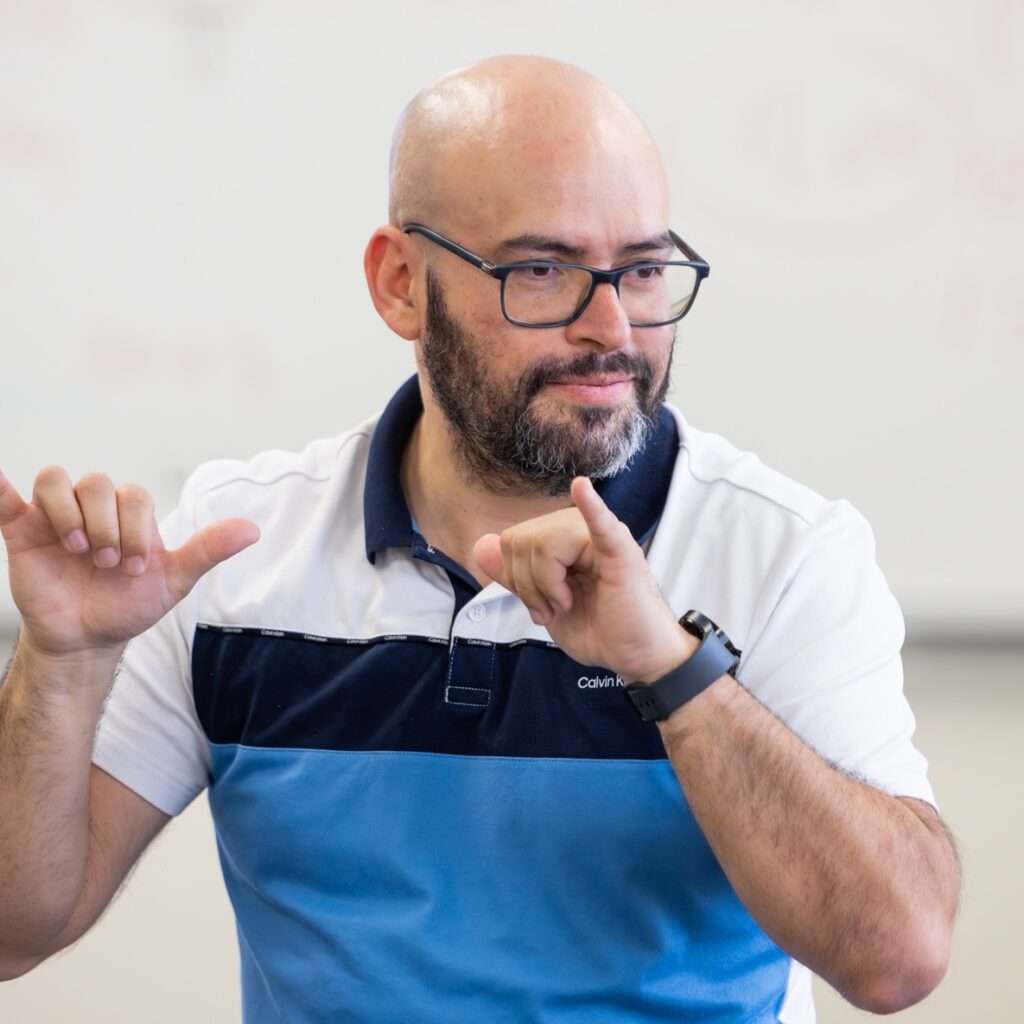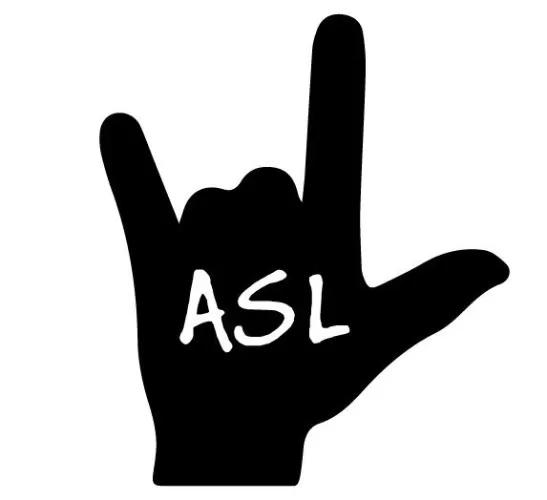The Rise Of Sign Language In Popular Media: Representation That Matters
Representation of Deaf culture and American Sign Language (ASL) in mainstream media has grown dramatically over the past decade. From Oscar-winning films to TV shows featuring Deaf actors, the entertainment industry is finally beginning to recognize the importance of inclusion—and the power of authentic communication. At Spot On Interpreting, we celebrate these changes and proudly […]
Bridging Cultures Through Legal Interpreting: Ensuring Justice For All
In courtrooms across the country, interpreters play a vital role in ensuring fairness and access to justice. Legal interpreting is one of the most demanding forms of interpreting—requiring not only linguistic skill but also deep knowledge of legal terminology, ethics, and confidentiality. At Spot On Interpreting, our certified legal interpreters serve communities in Los Angeles, […]
The Role Of Cultural Competence In Interpreting
Effective interpreting isn’t just about translating words—it’s about understanding the culture behind those words. Cultural competence is what separates a good interpreter from a great one. It ensures that communication feels authentic, respectful, and aligned with each community’s values. At Spot On Interpreting, our interpreters serving Los Angeles, Anaheim, Las Vegas, New York, and San […]
How Schools Benefit From Having On-Site Interpreters
Schools are meant to be places where every student can thrive—but for Deaf or hard-of-hearing students, communication barriers can make learning more challenging. Having on-site interpreters ensures that all students, parents, and educators have equal access to education and community involvement. At Spot On Interpreting, we provide qualified ASL and Spanish interpreters to schools in […]
The Power Of Language Access In The Workplace
Language access is more than just a convenience—it’s a civil right and a cornerstone of inclusivity in today’s workforce. Whether it’s through American Sign Language (ASL) interpreters or Spanish translators, providing equitable communication in the workplace helps build trust, improves safety, and fosters stronger relationships between employees and employers. At Spot On Interpreting, we proudly […]
The Cultural Impact Of Interpreters In Entertainment And Media

Entertainment—whether movies, television, theater, or live concerts—shapes culture and brings people together. But for Deaf and Spanish-speaking audiences, accessibility often depends on professional interpreters who bring performances to life. At Spot On Interpreting, we serve communities in Los Angeles, San Diego, Las Vegas, and New York, helping to ensure everyone has equal access to entertainment […]
Interpreting In Educational Settings: Supporting Students And Families

Education is one of the most important spaces where interpreters make a lasting difference. Whether it’s a Deaf child learning alongside hearing peers or a Spanish-speaking family navigating the school system, interpreters ensure access to information and equality in learning environments. At Spot On Interpreting, we proudly support schools and universities in Long Beach, San […]
The Importance Of Legal Interpreting: Ensuring Fairness And Justice

Legal settings are some of the most high-stakes environments where interpreting services are required. From court hearings and depositions to attorney-client meetings, accurate communication is critical to protect the rights of individuals who are Deaf, hard-of-hearing, or non-English speakers. At Spot On Interpreting, we provide professional legal interpreting across Los Angeles, San Diego, New York, […]
Why Cultural Competency Matters In Interpreting
Language is more than words—it’s deeply connected to culture. That’s why cultural competency is just as important as linguistic fluency in interpreting. Whether in healthcare, legal, or educational settings, interpreters must respect cultural values, customs, and identities to provide accurate and meaningful communication. At Spot On Interpreting, we provide culturally competent services in San Diego, […]
Why Legal Interpreting Requires Specialized Training
When it comes to the legal system, accuracy in communication is not just important—it’s essential. Misinterpretations in courtrooms, depositions, or attorney-client meetings can alter outcomes and jeopardize fairness. That’s why legal interpreting is one of the most demanding areas of the profession. At Spot On Interpreting, we provide certified ASL and Spanish interpreters with legal […]
